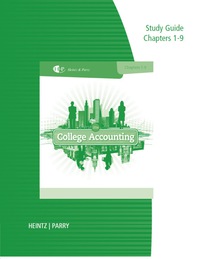Answered step by step
Verified Expert Solution
Question
1 Approved Answer
In 2019, Taxpayer (T) is a single, 65 year-old individual who is a U.S. citizen. T turned 65 in 2019. T receives $18,000 of social
- In 2019, Taxpayer (T) is a single, 65 year-old individual who is a U.S. citizen. T turned 65 in 2019. T receives $18,000 of social security income in 2019 (the first year T received Social Security Benefits). Also, T received $6,000 of interest income from a municipal bond in both 2018 and 2019. On June 1, 2018, T took a job with a multi-national corporation which paid T $5,000 per month. As a condition of the job, T is required to work overseas, in the country of Austria, and T did in fact work in Austria for 214 days (From June 1 December 31) in 2018. T is offered to continue to work (still in Austria and still for $5,000 per month) for seven additional months (from January 1 until the end of July, which is 211 days) in 2019, at which point Ts position would terminate. T is trying to decide whether T wants to continue to work for seven months in 2019 or quit on January 1. (These are Ts only transactions during 2018 and 2019).
- What is Ts Gross Income in 2019 if T continues to work through July of 2019?
__________________________________
- What is Ts Gross Income in 2019 if T does NOT continue to work in 2019?
__________________________________
- Excluding the effects of the payroll tax and any credits, What is the economic benefit to T of continuing to work for 7 months in 2019 (meaning how much total extra money, after tax, will T have as a result of continuing to work in 2019)?
_____________________
Step by Step Solution
There are 3 Steps involved in it
Step: 1

Get Instant Access to Expert-Tailored Solutions
See step-by-step solutions with expert insights and AI powered tools for academic success
Step: 2

Step: 3

Ace Your Homework with AI
Get the answers you need in no time with our AI-driven, step-by-step assistance
Get Started


